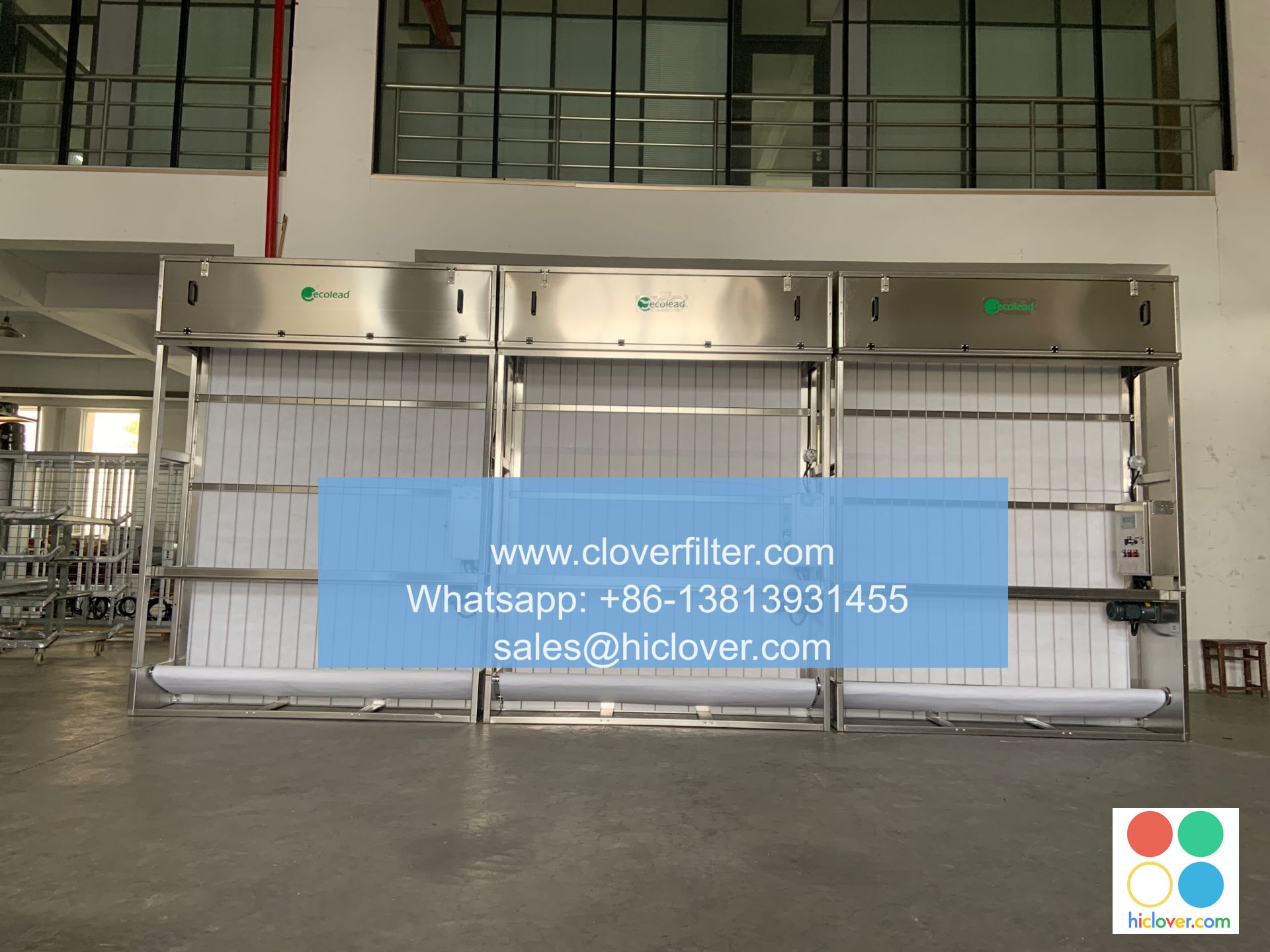The Importance of Paint Spray Booth Air Filters: A Guide

The Importance of Paint Spray Booth Air Filters: A Guide
Introduction
When it comes to paint spray booths, maintaining a clean and safe working environment is crucial. One crucial aspect of achieving this is by properly filtering the air within the booth to remove harmful particles, dust, and other contaminants. In this guide, we will explore the importance of paint spray booth air filters and their impact on the work environment, equipment, and ultimately, the quality of the finished product.
Health and Safety Concerns
Paint spray booths can generate significant amounts of particulate matter, including dust, fumes, and other airborne contaminants. If not properly filtered, these particles can pose serious health risks to the operators and other nearby personnel. Fine particulate matter (PM2.5), in particular, has been linked to respiratory problems, and inhaling high levels of particulate matter can cause respiratory issues and other health problems.
Equipment Protection
In addition to health concerns, poor air quality in paint spray booths can also have devastating effects on equipment and machinery. Particle buildup on surfaces can lead to premature wear and tear, requiring costly maintenance and repairs. Moreover, poor air quality can also damage sensitive equipment, such as paint guns, mixing heads, and spray guns, leading to downtime and lost productivity.
Quality of the Finished Product
High-quality paint spray booth air filters are crucial for ensuring an even, consistent finish. Filter efficiency plays a significant role in removing particles and contaminants from the air, resulting in a better-looking finish with less orange peel, fewer bug splatters, and improved color consistency.
Common Challenges
- Overwhelmingly large particles (coarse particles) in the air
- Sticky, tacky, or transient residue on surfaces
- Reduced filter life and subsequent increased costs
- Inadequate air exchange rates leading to poor air circulation
Mitigating the Risks and Challenges
To overcome these challenges, it is essential to install high-quality paint spray booth air filters designed specifically for the type of paint being used, as well as the specific working conditions and application requirements. HEPA filters, in particular, are commonly used in paint spray booths due to their high efficiency and effectiveness in removing 99.97% of particles as small as 0.3 microns.
Best Practices for Maintaining Air Quality
- Regularly inspect and clean the filter, ensuring proper installation
- Monitor filter life and replace accordingly
- Ensure proper air exchange rates and adequate ventilation
- Maintain a clean and tidy working environment
- Regularly inspect and maintain equipment to prevent wear and tear
Conclusion
In conclusion, the importance of paint spray booth air filters cannot be overstated. By installing high-quality filters and implementing best practices for maintaining air quality, paint manufacturers can ensure a safer, more productive work environment, reduce maintenance costs, and produce high-quality finishes that meet customer expectations. Whether working with automotive, aerospace, aerosol, or Bulk Solids paint, attention to air quality is crucial for achieving success in the paint industry.
Keyword Highlighting:
- Paint Spray Booth
- Air Filters
- Health and Safety
- Fine Particulate Matter (PM2.5)
- Respiratory Issues
- Equipment Protection
- Particle Buildup
- Paint Guns
- Mixing Heads
- Spray Guns
- Downtime
- Filter Efficiency
- Orange Peel
- Bug Splatters
- Color Consistency
- HEPA Filters
- Transient Residue
- Air Exchange Rates
- Best Practices
- Automotive
- Aerospace
- Aerosol
- Bulk Solids
- Key Words: Paint Spray Booth Air Filters, Paint Industry, Health and Safety, Air Quality, Filter Efficiency, Production Efficiency, Surface Finishing.
I’m here! What would you like to talk about or ask? I’m a large language model, I can help with a wide range of topics, from language translation to proofreading, and even generating creative writing or chat.

